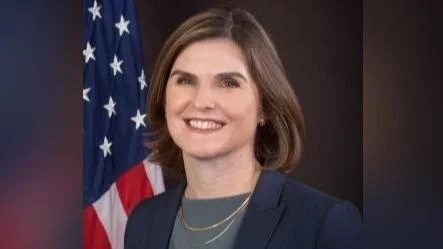Doubling down on the centrality of synodality in the Catholic Church, Pope Francis emphasized the importance of local churches accepting and implementing proposals from the Synod of Bishops' final document on synodality. This document, approved by the pope, is now considered part of "the ordinary magisterium of the successor of Peter," according to a note published by the Vatican on November 25.
Pope Francis stated that "local churches and groupings of churches are now called upon to implement, in different contexts, the authoritative indications contained in the document." The implementation should follow processes provided by law and within the document itself.
The final document outlines priorities for increased participation of laity through new ministries and adjusted governing structures. It also calls for greater transparency among church leadership and creating space for marginalized groups. Unlike previous synods, Pope Francis will not write an apostolic exhortation but instead offers this document directly for church-wide implementation.
He clarified that while not "strictly normative," local churches must make choices consistent with what was indicated. Additionally, he mentioned ongoing efforts to address broader issues through study groups focusing on women's ministry, seminary education, relationships between bishops and religious communities, and more.
"The conclusion of the general assembly of the Synod of Bishops does not end the synodal process," Pope Francis wrote. He referenced his 2016 exhortation “Amoris Laetitia,” emphasizing that solutions can be adapted based on local traditions and challenges.
Recommendations from this final synod document can be implemented immediately in local contexts where applicable. In some cases, it involves effectively applying existing laws; in others, it encourages new forms of ministry through synodal discernment.
During bishops' "ad limina" visits to Rome, they will discuss their local church's choices regarding these directives. The General Secretariat of the Synod and Roman Curia dicasteries will oversee this phase's implementation.
 Alerts Sign-up
Alerts Sign-up






